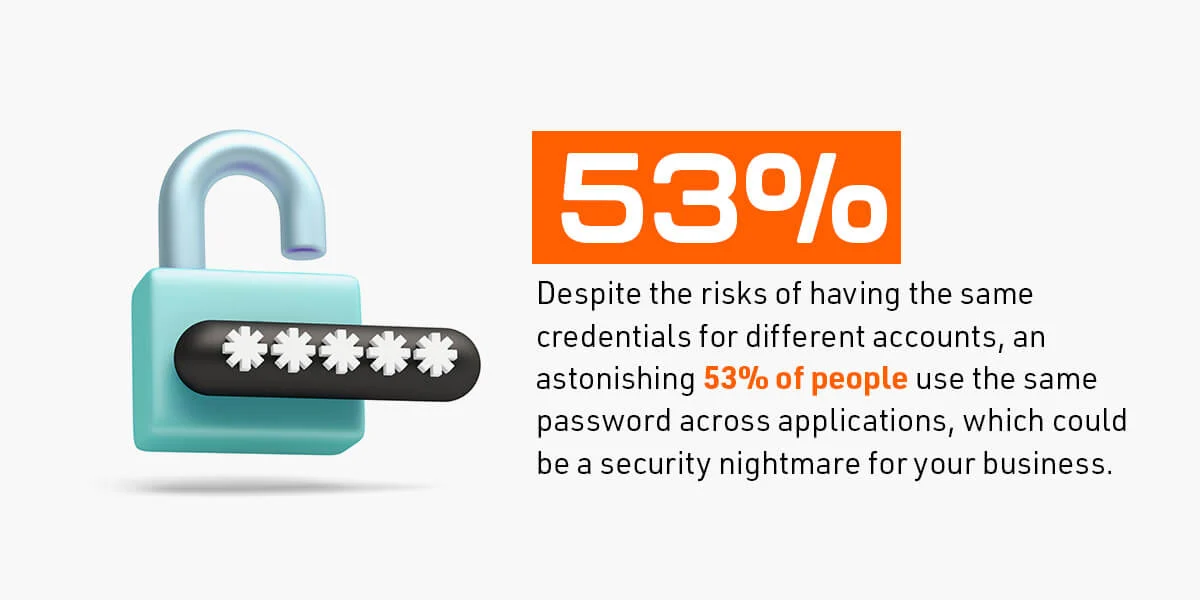We’ve all been there—trying to log into that one account we rarely use and drawing a complete blank. Password resets, recovery emails, the whole cycle. That’s exactly where password managers come in.
So recently, I got into a bit of a loop myself—had to access an old email account and boom, no clue what the password was. That’s when I realized how dependent I’ve become on my password manager, and why it’s still one of the best tools to stay digitally safe in today’s world. Let’s break it down.
What Is a Password Manager & How Does It Work?
Password managers are like digital vaults—they store your passwords securely and auto-fill them when you visit websites or open apps. All you need to remember is one master password to unlock the vault. Simple, right?
Here’s how they work:
- You install the password manager (browser extension, app, or both).
- Save your login credentials once, and it remembers them for future use.
- It auto-generates strong passwords, so you don’t reuse the same one across sites.
- Some managers can also store secure notes, card info, and even 2FA tokens.
Your data is usually encrypted with AES-256 encryption, and everything stays local or on their cloud (based on what service you use).
For a practical example, Mozilla’s Firefox Password Manager offers features like secure storage, autofill, and breach alerts, illustrating how these tools can enhance your online security.
Popular Password Managers (Free & Paid)
Let’s get straight to it. Here are some reliable options:
Free Options:
- Bitwarden – Open-source and secure. Great free tier with self-hosting options.
- NordPass (Free) – Basic but reliable; decent autofill and password health checker.
- KeePass – Offline, free, open-source. Bit techy but super secure.
Paid Options:
- 1Password – Easy UI, travel mode, biometric unlocks – well worth the subscription.
- Dashlane – Dark web monitoring, VPN bundled in premium plan.
- LastPass Premium – Has seen better days, but still around (more on that below).
Real-World Risks of Password Managers
Now here’s the honest bit—yes, they are safe, but they’re not bulletproof. A few things to watch out for:
- Single point of failure – Lose your master password, and you’re in trouble (unless recovery methods are set).
- Breach history – Remember the LastPass data breach in late 2022? Hackers accessed encrypted vault data, which shook user trust.
- Phishing threats – Some fake websites can trick your manager into filling credentials automatically.
- Device compromise – If your phone or laptop is infected, credentials could be at risk.
To further protect your data and devices, consider implementing reliable power solutions. Learn how to choose the right UPS for your server room.
So does that mean you shouldn’t use one? Absolutely not. But be aware, stay cautious, and follow best practices.
Why You Should Still Consider Using One
Think of it this way—yes, password managers are a single point of access, but so is your brain. Except your brain can’t remember 70+ random passwords. A good password manager:
- Helps you avoid password reuse (a major security risk).
- Encourages strong password creation.
- Reduces time wasted on resets and lockouts.
- Gives visibility into your overall password health.
Just like you trust your browser to open safe websites or your banking app to be secure, this is one of those tools you learn to use wisely.
What to Be Careful About
Here are a few tips that have worked for me:
- Enable 2FA (Two-Factor Authentication) on your password manager.
- Use a strong, unique master password—not your birth date or pet’s name.
- Avoid auto-fill on suspicious websites.
- Regularly update your vault and remove unused entries.
- Back up offline if your manager allows exporting encrypted vaults.
Regularly monitoring your network can help detect potential threats early. Explore the best network monitoring tools for your IT needs.
Note for UAE Users
With Dubai’s growing focus on smart government services and secure digital IDs (like UAE Pass), password security has become more important than ever. A password manager helps manage access to everything—from local government portals to banking apps and e-commerce accounts. In fact, some UAE residents have reported success using tools like 1Password and Bitwarden to manage logins for Emirates ID services and Smart Dubai platforms.
With cyberattacks on the rise globally (and regionally), it’s essential to stay ahead of threats—and a password manager is a smart first step.
Final Thoughts
We lock our homes, cars, and phones—why not our passwords too? Just like any tool, password managers are only as good as how you use them. Be smart, stay updated, and keep your digital self secure.


